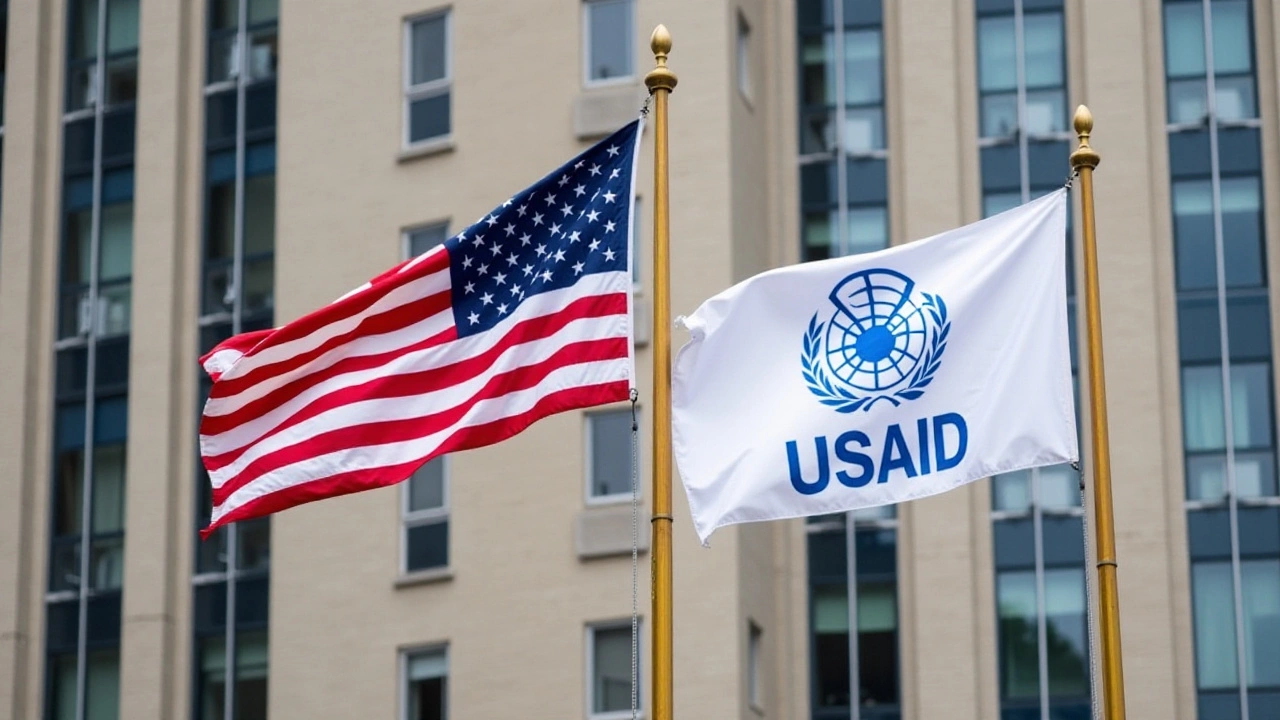Foreign Aid Cuts Are Changing Life Across Africa
When big donors shrink their budgets, the ripple effect hits schools, clinics, and small farms. You’ll notice fewer water projects, crumbling school roofs, and slower road repairs. The changes aren’t abstract – they touch daily life for millions.
Why Donor Countries Are Cutting Aid
Most governments say they need to tighten belts after economic downturns or rising debt. Voters often ask officials to prioritize domestic jobs over overseas assistance. At the same time, political shifts bring new leaders who view aid as a tool for influence rather than a long‑term partnership.
Another driver is the rise of private philanthropy. Rich individuals and foundations now fund a chunk of projects that used to come from state budgets. While this can bring fresh ideas, it also means less predictable, long‑term cash flow for big programmes.
Real‑World Impact on African Communities
In rural Kenya, a cut in a water‑pump grant forced villagers to walk farther for clean water. The extra distance means children miss school and women spend more time fetching water instead of working or caring for families.
West African health clinics report shortages of vaccines after a European donor reduced its contribution. Doctors now have to prioritize which children get shots, a heartbreaking decision that can fuel disease outbreaks.
Education suffers too. A South African school lost a computer lab when a UK charity withdrew funding. Without technology, students fall behind peers in countries that still enjoy robust digital resources.
On the flip side, some communities are getting creative. Local entrepreneurs are forming cooperatives to pool resources for irrigation, reducing reliance on external cash. Youth groups are using mobile phones to crowd‑source small donations for school supplies.
Governments are also stepping up. Kenya’s Treasury launched a “Domestic Funding Initiative” to plug gaps left by foreign cuts, redirecting tax revenue toward critical infrastructure. The plan isn’t perfect, but it shows a shift toward self‑reliance.
International NGOs are adapting by scaling projects down and focusing on capacity‑building. Instead of buying equipment, they train locals to repair and maintain what already exists, stretching every dollar further.
So, what can you do? If you follow African news, consider supporting grassroots organisations that have a track record of transparency. Small, consistent gifts often outlast big, one‑off donations.
Remember, foreign aid cuts don’t have to mean doom. They can spark innovation, push governments to take ownership, and encourage community resilience. The key is staying informed and backing solutions that empower people on the ground.
The USAID website went offline as the Trump administration works to slash foreign aid and merge the agency with the State Department, leading to numerous layoffs and program closures. Employees are worried about the abrupt changes, fearing agency downsizing or outright elimination. Senators argue the president lacks the authority to dismantle a congressional agency, warning that foreign aid cuts could bolster adversaries like India, Russia, and China.
More
